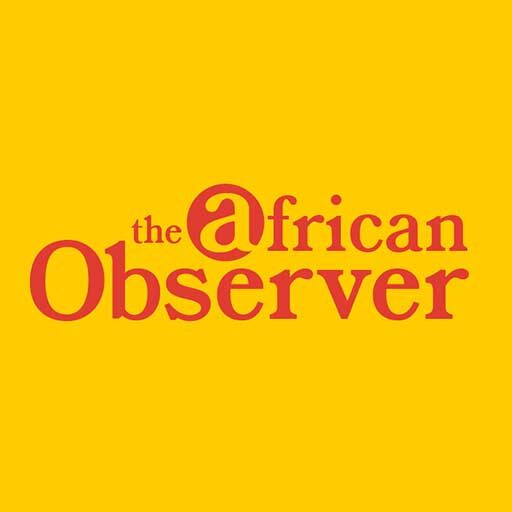Renowned French politician Jean-Luc Mélenchon, who finished third in last year’s presidential race, has embarked on a tour in Morocco, his birthplace. During his visit on Wednesday (Oct. 04), Mélenchon made a poignant stop at a camp in Amizmiz, a town in the southwest of the country, housing families affected by the devastating earthquake that struck on September 8.
The earthquake, measuring 6.8 on the Richter scale, forced many survivors to seek refuge in towns like Amizmiz. Impressed by the resilience and assistance provided by the Moroccan people, Mélenchon called on his home country to display greater humility. He lauded Morocco’s efficiency, discipline, and mutual aid, urging France to abandon arrogance and the condescending attitude towards other nations that seems to permeate European countries.
In a passionate speech, Mélenchon stated, “It’s enough. We have to turn the page on arrogance, on giving lessons, on looking down on people and all that special atmosphere we now have in European countries, which live like fortresses and seem to despise the rest of humanity without realizing that we have a common life. I’ll never stop saying it. We share a life, we share children, we share families. So, it’s time for France to lower its voice.”
During his visit to Morocco, Mélenchon is set to meet with leaders of left-wing political parties in the Kingdom, aiming to foster stronger ties between the two nations.
The controversy surrounding Morocco’s decision to coordinate rescue and search efforts following the earthquake also made headlines in the French press. The fact that the coordination was done without France sparked several debates, dampening the bilateral relationship between the two countries. This incident adds to a list of long-standing issues, including difficulties for Moroccans in obtaining French visas.
France’s muted response to the earthquake and its decision not to take a leading role in relief efforts raised eyebrows, particularly in light of the historical ties between the two countries. Mélenchon’s visit seeks to bridge this gap and address the concerns surrounding the relationship.
France and Morocco have always shared close cultural, historical, and political ties. However, the recent visa row had somewhat strained relations between the two nations. Moroccans have frequently faced difficulties in obtaining visas to enter France, causing frustration and resentment. Mélenchon’s visit is seen as an opportunity to mend these frayed ties and foster a renewed partnership.
This visit also underlines the significance of Africa to the French political landscape. Mélenchon’s tour, against the backdrop of his own presidential aspirations, suggests a potential shift in France’s engagement with African nations. As the second opposition party founder in the French parliament, Mélenchon’s visit could have wider implications for both domestic and international politics.
Africa, with its rich culture, history, and vast potential, is becoming an increasingly important region for global powers. Mélenchon’s visit to Morocco will likely reverberate across the continent, prompting discussions about the future of Franco-African relations.
As Mélenchon’s tour progresses, it remains to be seen whether his calls for humility and greater cooperation will be heeded. The earthquake in Morocco has highlighted the need for a more compassionate and interconnected world, emphasizing the importance of countries working together for the betterment of humanity.





